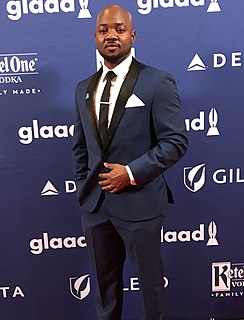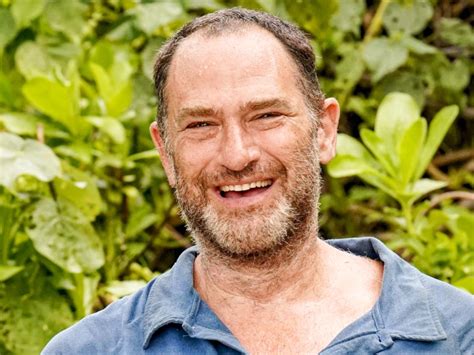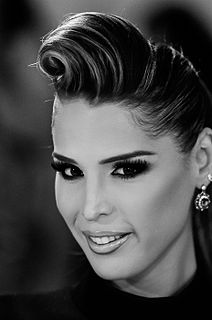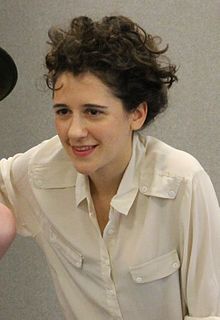A Quote by Nicole Maines
Having trans people play trans roles show that we are valid in our identities, and we exist.
Related Quotes
When it comes to trans people, we have to acknowledge their humanity and their dignity and listen to their voices and celebrate their courage. So much of the legislation that's happening across the world right now is not about bathrooms. It's about whether or not trans people have the right to exist in public and that's horrible. So many of our leaders are making an effort to erase trans people from our society and that angers me so much. I want to do everything in my power to stop that.
Many in the trans community are fed up with L.G.B.T. organizations that continue to erase trans identity or just give lip service to trans issues. We need our cisgender allies - gay and straight - to treat transgender lives as if they matter, and trans people need multiple seats at the tables in the organizations that say they're interested in L.G.B.T. equality; this absence has been painful since Stonewall.
One particular debate that I have seen play out again and again is whether trans people who have more traditional gender expressions or who "pass" more should be the ones who are represented. A recent advocacy guide focused on advocating around trans health care access produced by the largest trans advocacy organization in the US instructs readers that advocacy will be more successful if the message is delivered by people who pass as non-trans men and women.
Trans voices are really underrepresented, and trans stories are really underrepresented, and when they are presented, they're often reductive. I was interested in putting a trans person and a trans narrative on stage that didn't fall into cliché, that thought a bit more deeply about the experience of being trans, and how those issues tie into things that we all experience. How we tell the story of our lives, versus what might have actually happened, and how we communicate to our former selves. All of those questions were really interesting to me.





























